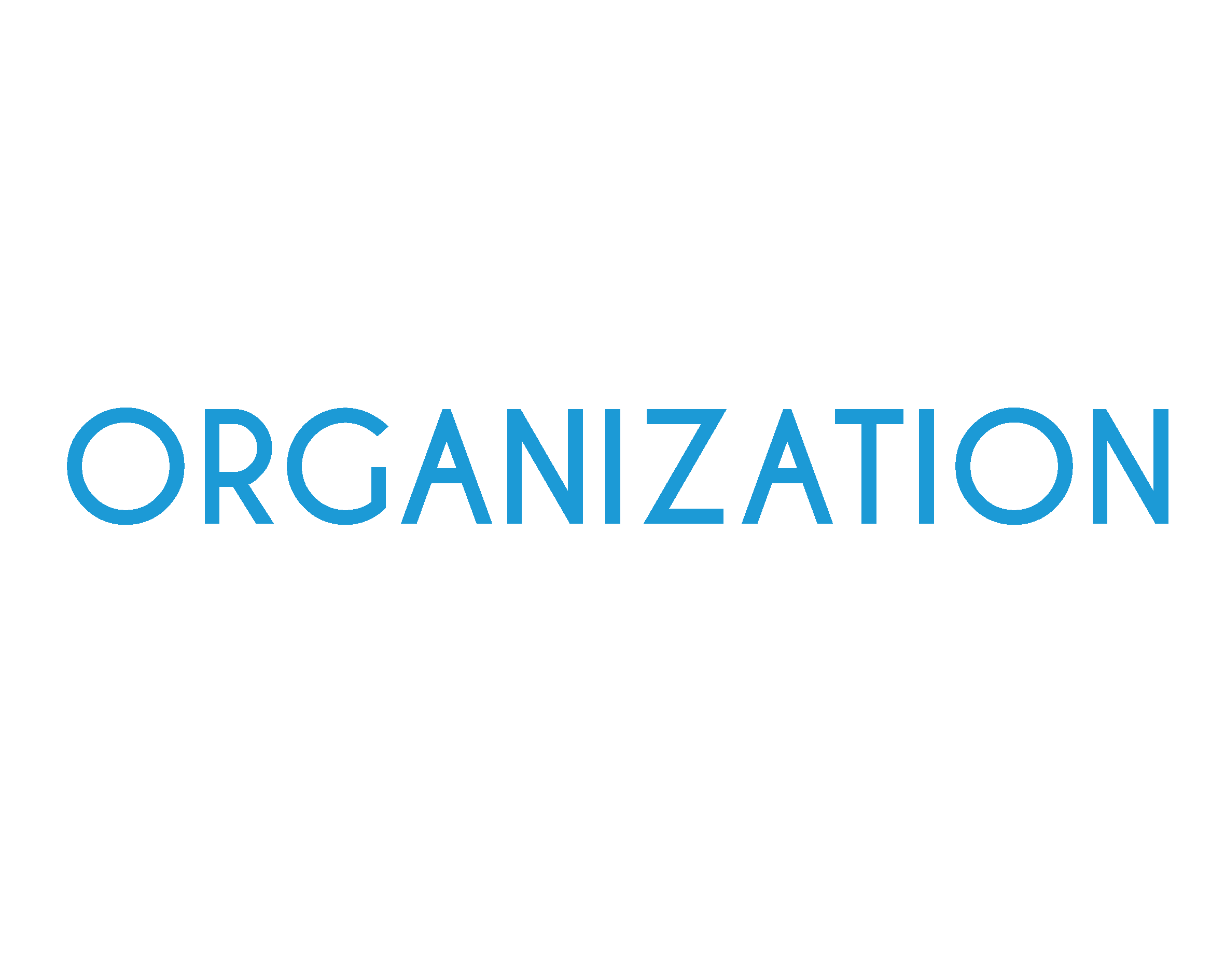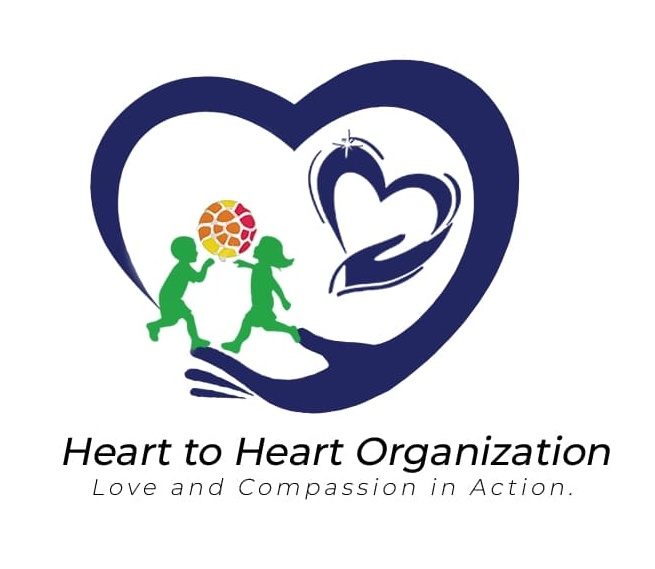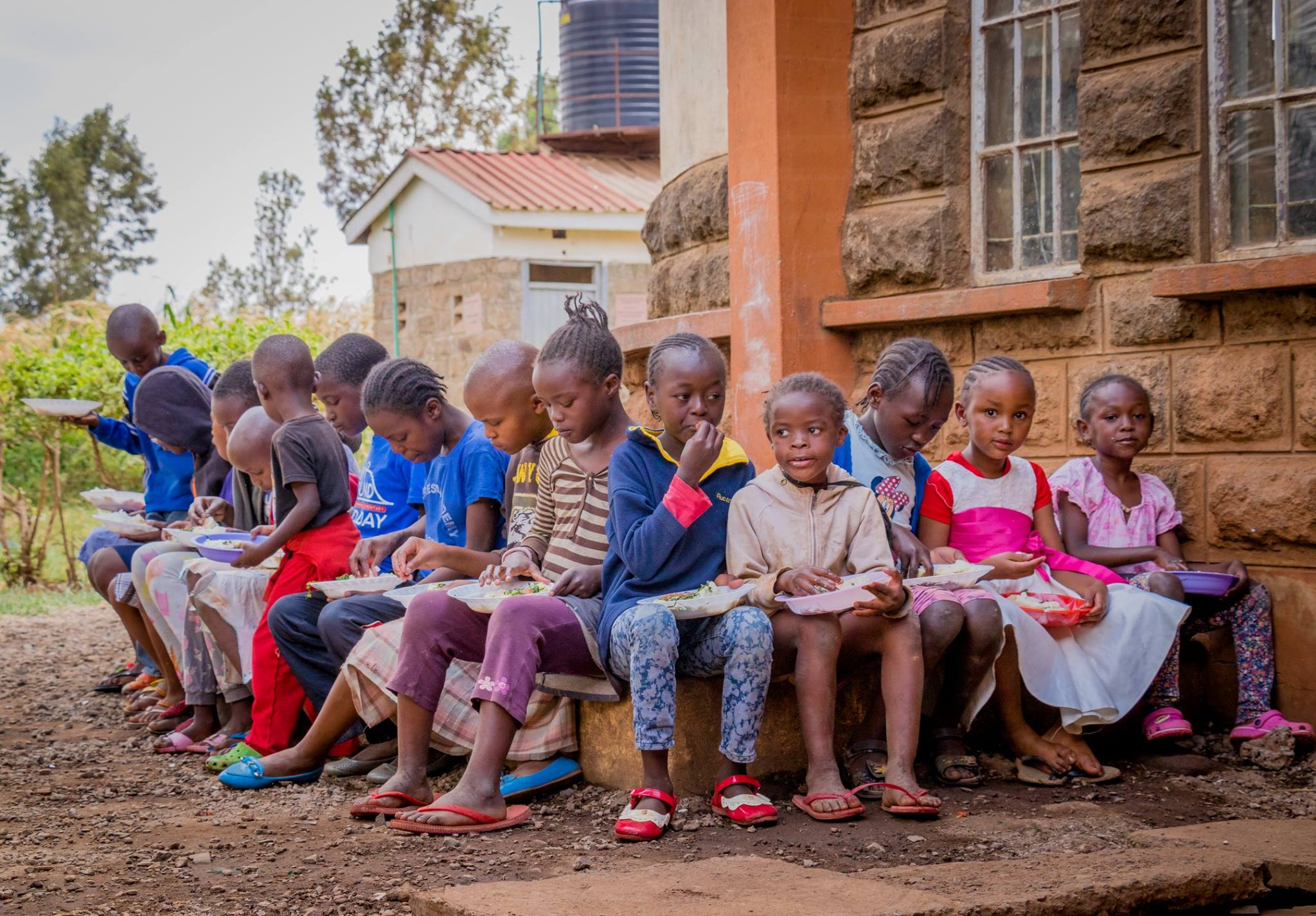Ensuring No Child Goes Hungry
The feeding program for children in the slums of Kibera and Kawangware is a comprehensive initiative designed to combat malnutrition and hunger among the most vulnerable. The program includes an in-school feeding scheme that guarantees every school-going child receives both breakfast and lunch, ensuring they have the necessary energy and nutrition to focus and thrive academically.
Additionally, a lunchtime feeding program is established where children from various schools congregate at a central location each school day to receive a nutritious meal. To further support those who lack adequate food at home, the program also provides an early dinner, ensuring that no child goes to bed hungry. This multifaceted approach not only addresses immediate nutritional needs but also fosters a sense of community and stability for the children, empowering them to pursue their education and dreams with better health and vitality.
Holistic Benefits
The feeding program ensures that children receive essential nutrients necessary for their growth and development, reducing the prevalence of malnutrition and related health issues.
With access to regular, nutritious meals, children can focus better in school, leading to improved concentration, cognitive function, and overall academic performance.
Feeding programs provide a safe and supportive environment where children can interact with their peers, fostering a sense of community and emotional well-being.
Lunch Hour Program
The Lunch Hour Feeding Program in Kawangware is a vital component of our broader initiative to combat child hunger and promote well-being. Every school day, 102 children from different schools in these communities gather at Kawangware Lutheran Church to receive a nutritious lunch. This program is designed to ensure that all children, regardless of their school or home circumstances, have access to a healthy meal. The Lunchtime Feeding Program not only meets the immediate dietary needs of the children but also fosters a sense of community and support, reinforcing the importance of collective care and resilience in these vibrant yet challenged neighborhoods.
Nourishing Hope: The Early Dinner Program in Kibra
In the heart of Kibera, where hunger too often steals childhoods, the Early Dinner Program stands as a beacon of hope. For many children here, an evening meal is never guaranteed. Empty stomachs keep them from focusing in school, dimming their dreams before they even have a chance to shine.
That’s why we created this lifeline. Every evening at Karama Academy, 80 children gather not just for a meal, but for strength, dignity, and a chance to thrive. A warm, nutritious dinner becomes more than food, it’s the fuel that helps them learn, grow, and believe in a brighter tomorrow.
Sunday Feeding Program
The Sunday Feeding Program in Kibera, Kawangware and Rongai extends our commitment to child nutrition and well-being into the weekend by feeding 250 children. Recognizing that food insecurity doesn’t pause on weekends, this program provides a hearty meal every Sunday for children in these communities. By offering a nutritious and balanced meal, the Sunday Feeding Program ensures that children have access to essential nutrients even when they are not in school. The program alleviates the strain on families struggling to provide enough food, promoting better health and stability for the children.
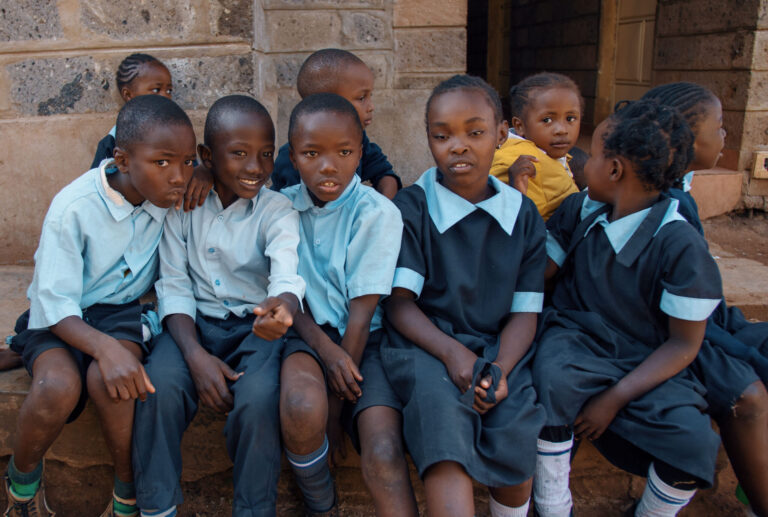
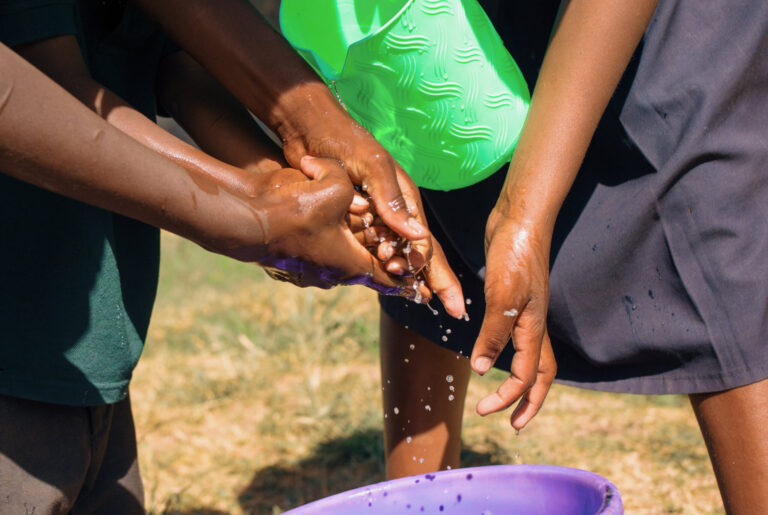
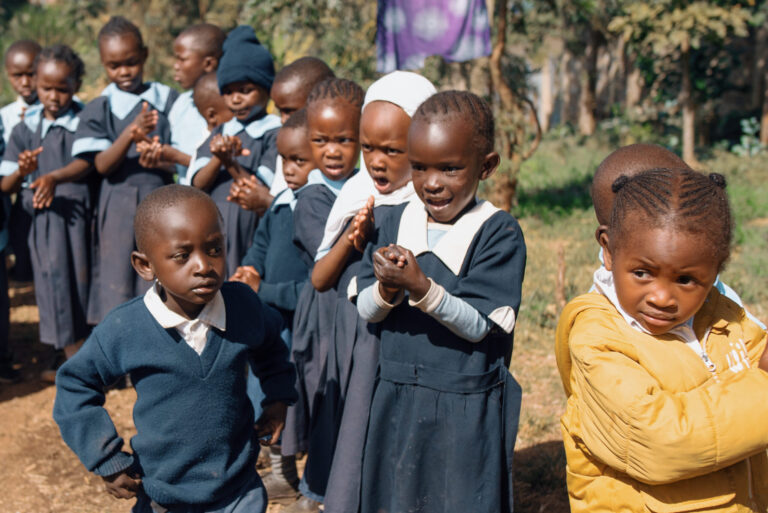
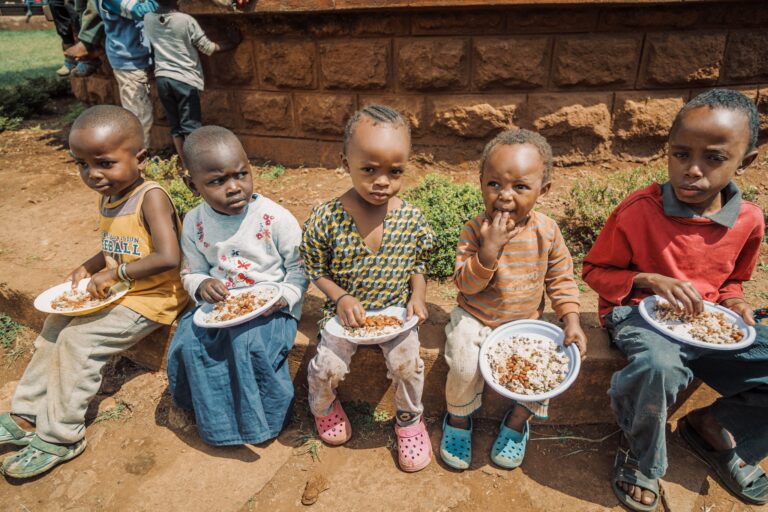
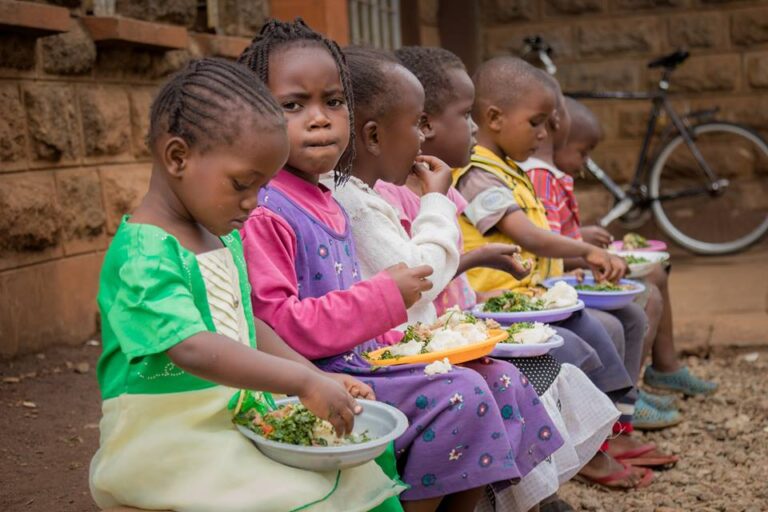

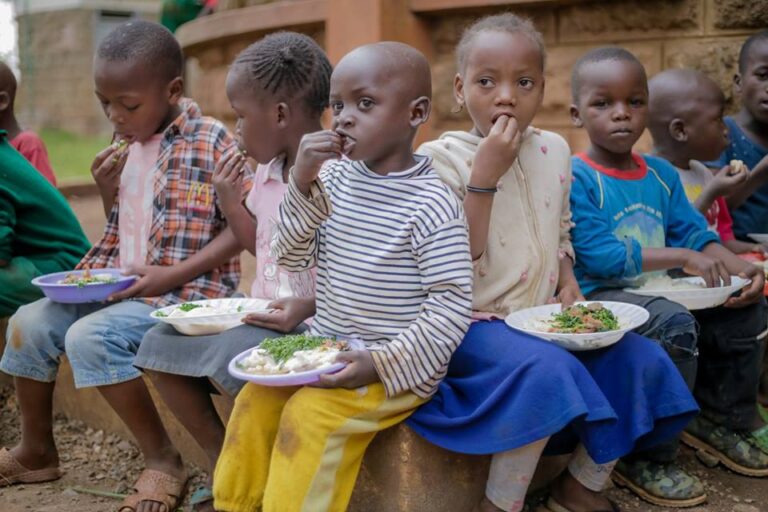
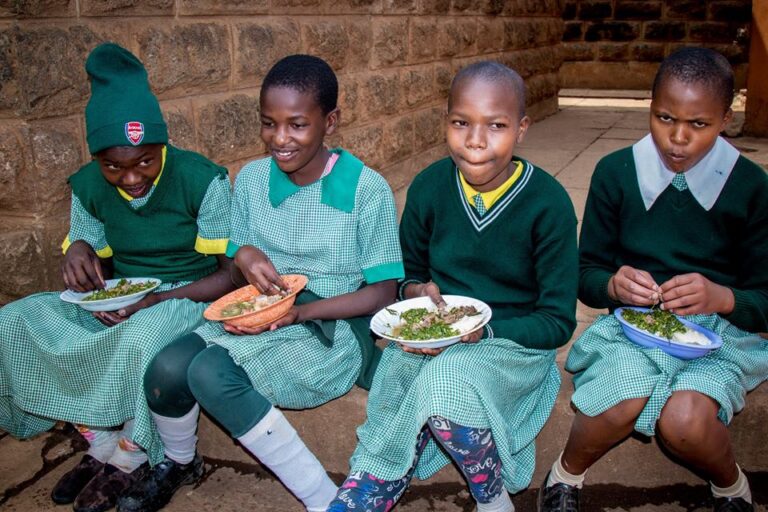
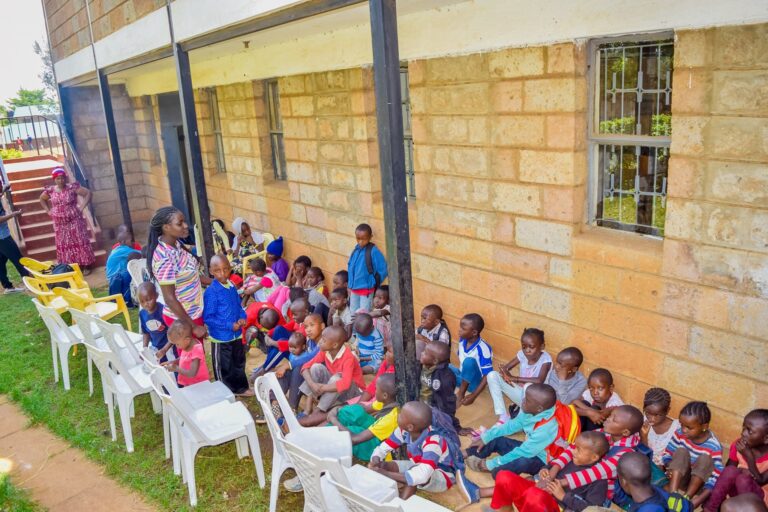
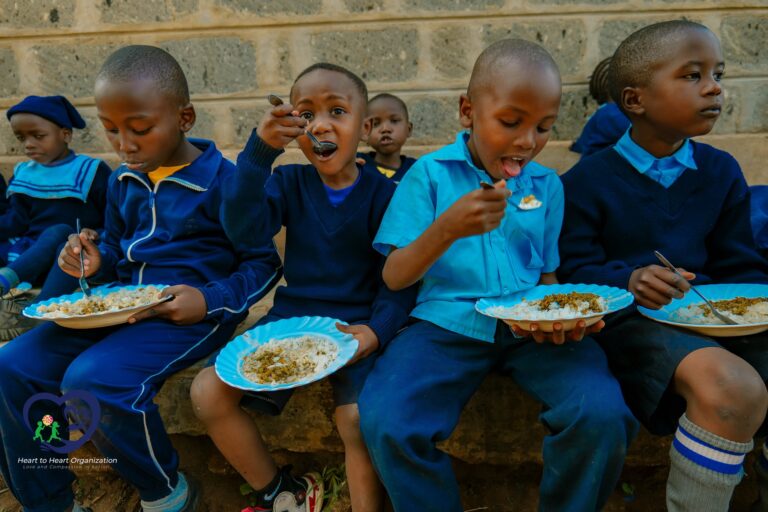
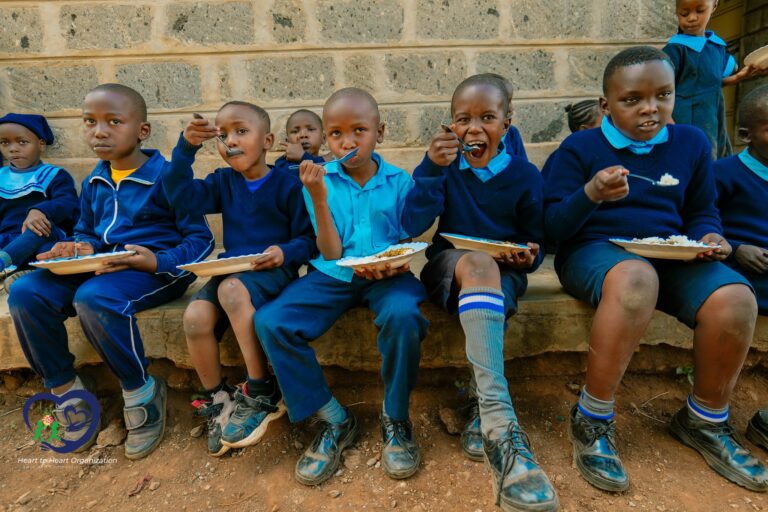
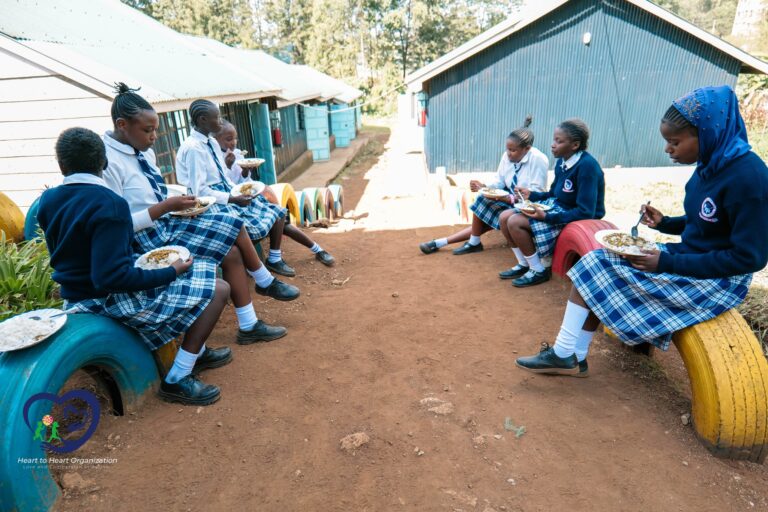
Become a Sponsor…
Becoming a sponsor for our feeding program means investing in the future of children who deserve every opportunity to thrive. Your support ensures that vulnerable children receive nutritious meals, improving their health, academic performance, and overall well-being. Together, we can make a lasting impact by providing essential resources and creating a supportive community environment that nurtures growth and resilience. Join us in transforming lives and empowering the next generation through the power of nutrition and education. You can be part of this initiative by:
- Sponsor a child for KES 3,000 per month.
- Make a general cash donation.
- Donate food items or other kitchen items.
- Volunteer your time to help with meal preparation and distribution.
- Organize or participate in fundraising events to support the program.
- Provide educational support or activities for the children during meal times.
- Spread awareness about the program through social media and community networks.
- Partner with local businesses to secure ongoing food supplies or financial support.
